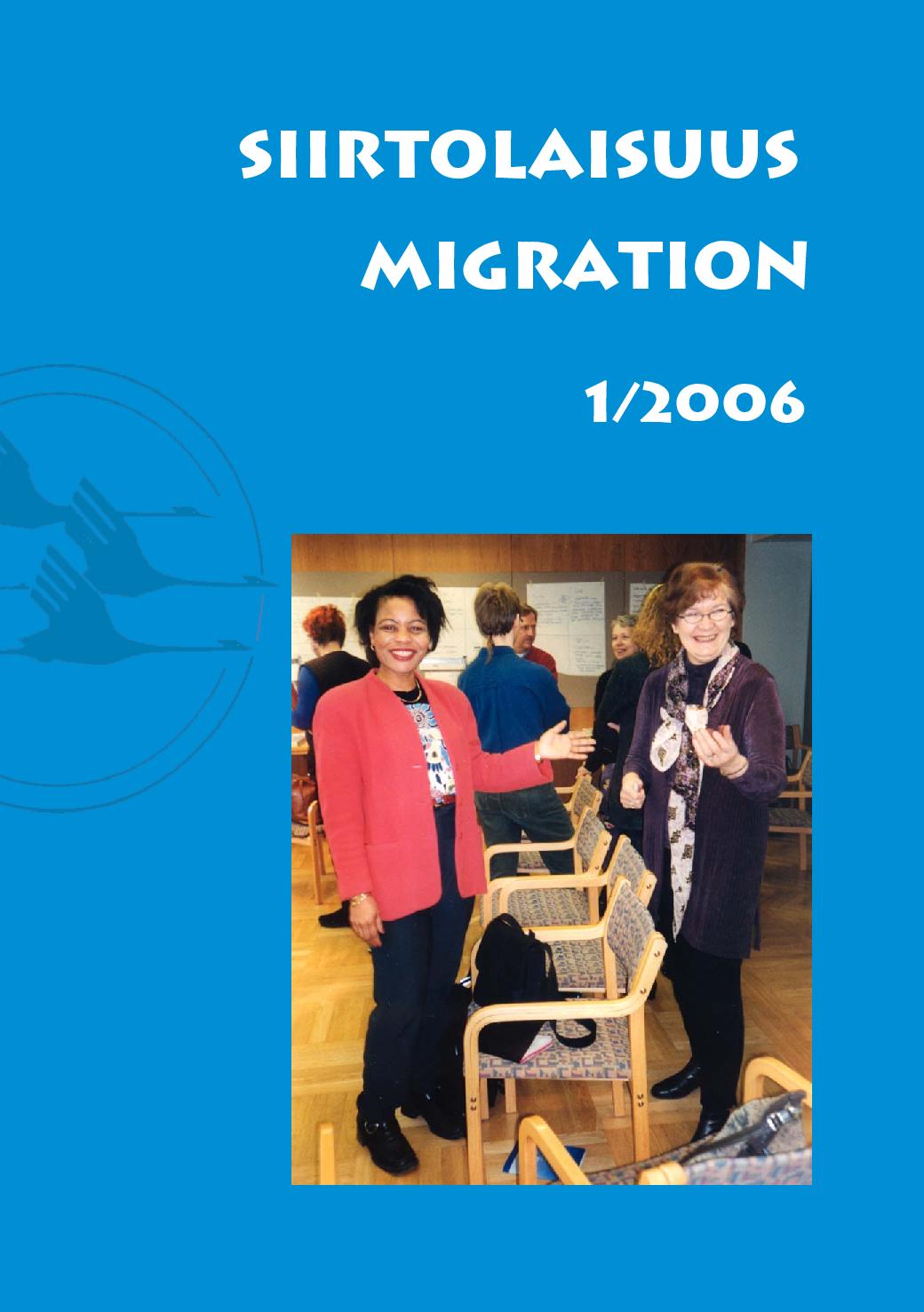HIV/AIDS as a transnational health care issue:
migrants in the European Union
Abstrakti
Nearly 25 years into the global AIDS pandemic, the number of people living with the human immunodefi ciency virus (HIV) has topped 40 million. Five million people were newly infected last year, over half of them young people between the ages of 15-24 years (Piot 2005). Women have now gained approximate equality in HIV statistics. Despite the efforts of many national governments, international organizations and grassroots groups which have driven down local rates of infection through community-oriented interventions around the world, HIV/AIDS remains a persistent and endemic global problem. The high incidence of HIV/AIDS in many regions contributes to international instability through the socio-economic consequences of local communities disintegrating under the weight of death, illness and distress. Although all people are at risk of infection with HIV, the epidemiology of the pandemic clearly demonstrates the fact that certain social, economic, and identity groups in specifi c geographical areas are indeed more vulnerable than others. The challenges of fi ghting the AIDS pandemic are thus intimately entwined with questions of health as a human right, empowerment and social justice.

